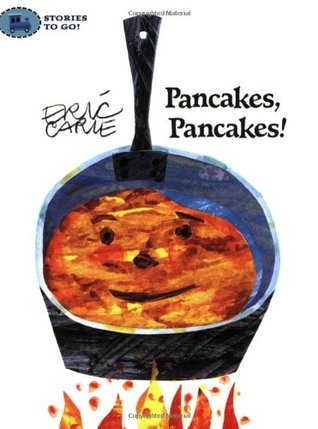A Secret Shared. Patricia MacLachlan. 2021. [September] 160 pages. [Source: Review copy]
First sentence: I watch my mother spit into a plastic tube. A pot of fresh flowers sits
on her desk. Every week she walks to the cemetery to put flowers on the
grave of her best friend from childhood. “Flowers and spit?!” I say to
her with a grin. “Funny combination! Why the tube?”
Premise/plot: Nora and Ben (twins) find out a family secret (about their sibling, Birdy). Should they share the secret? Is it their place to tell?
My thoughts: I typically love Patricia MacLachlan. I do. I had very high hopes for her newest book. I think that is where it gets tricky as a reader. Expectations set too high lead to disappointment in varying degrees. Expectations set too low and you might put off reading a book for weeks, months, years. Still, I typically *try* to keep expectations low. Primarily because then you can be surprised and really get the most out of a book. But it's hard to do with a favorite author. As you might have guessed I was slightly disappointed by this one.
It is a quiet, slow-paced family novel. The plot--if it moves at all--moves very slowly. I do typically love, love, love character driven novels. So the fact that it's a slow, somewhat more mindful book shouldn't have put me off--in theory at least.
I think what did put me off was the number of times I had to suspend my disbelief and how the plot hinges on some somewhat implausible things happening time and time again. Particularly surrounding the DNA test. As an adult I wanted more details in places. (But at the same time I think unpacking those details would have been tedious for the actual target audience to read.) But the general idea is oh you spit a little in a tube, put it an envelope, and a few days later, poof, you get a piece of paper back.
Would these little things add up if I was reading this as a child? I'm not sure. I'm not.
One thing I did like was how the mother's column often asked questions for her readers. And MacLachlan, of course, shares some of those responses. One column was about love or falling in love? And this was one of the responses. I loved it.
I met my husband in the backseat of the car driving us to preschool.
We held hands between our car seats. We have never stopped.—Rose
Patricia MacLachlan is still a solid writer. This one just isn't my favorite of her books.
© 2021 Becky Laney of Young Readers













